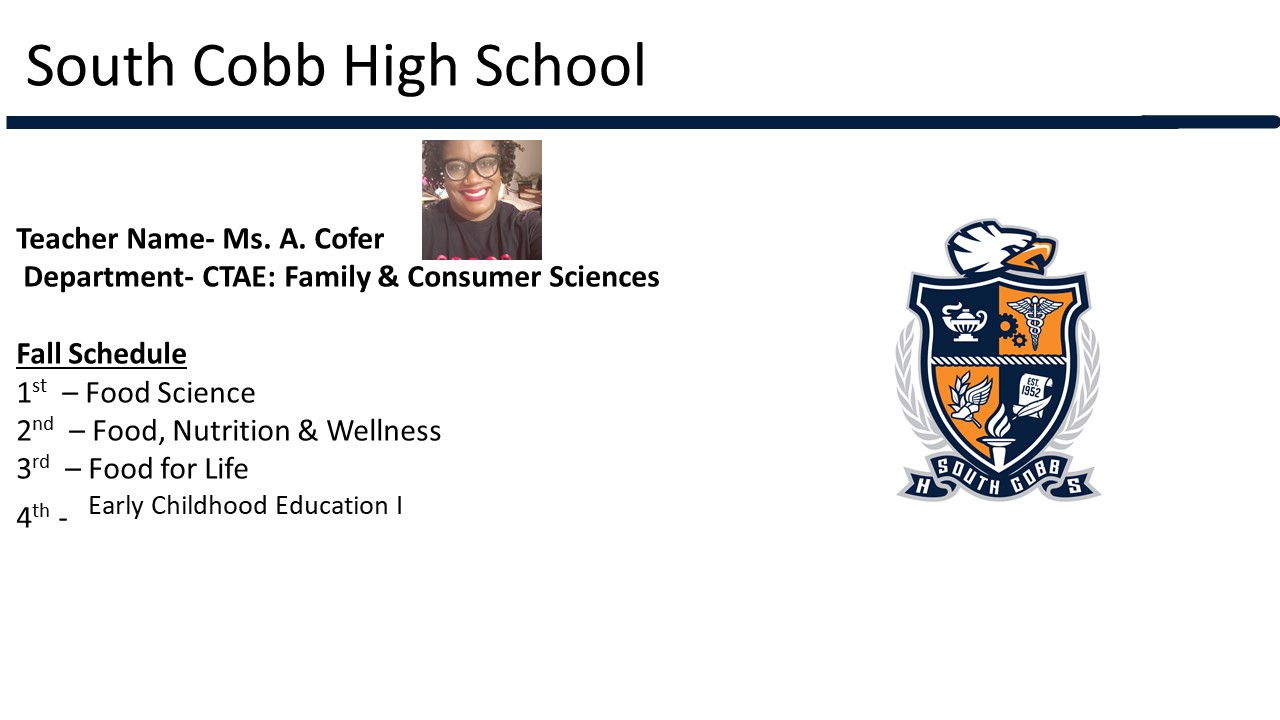Sabra Dipping Co. LLC of White Plains, NY, has recalled 30,000 cases of Sabra Classic Hummus due to the possible presence of Listeria monocytogenes.

After routine inspections at a Kroger outlet in Port Huron, Michigan Department of Agriculture and Rural Development officials
reportedly learned about the risk of contamination in the prepackaged product. The department then informed the company and the U.S. Food and Drug Administration (FDA).
Only certain lots of the Classic Hummus are being recalled, and no other Sabra products are affected. There are no reported cases of illnesses to date.
The recalled products and product codes are:
040822011143/300067 – Sabra Classic, 10 oz. – 3-059/Best before May 11, 2015
040822011143/300067 – Sabra Classic 10 oz. – 3-060/Best before May 15, 2015
040822014687/300074 – Sabra Classic, 30 oz. – 3-059/Best before May 11, 2015
040822342049/301216 – Sabra Classic Without Garnish, 32 oz. – 3-059/Best before May 11, 2015
040822017497/301290 – Sabra Classic, 17 oz. Six Pack – 3-058/Best before May 11, 2015
040822017497/301290 – Sabra Classic, 17 oz. Six Pack – 3-059/Best before May 11, 2015
040822342209/301283 – Hummus Dual Pack Classic/Garlic – 3-058/Best before May 11, 2015
Consumers are advised to throw out any product with those codes, which are on the top of each package. The recalled products may also be returned to the store where purchased for a refund. Those with questions may call Sabra at 888-957-2272 Monday through Friday.
In healthy individuals, infection with Listeria monocytogenes may cause short-term symptoms such as high fever, severe headache, stiffness, nausea, abdominal pain and diarrhea. However, young children, the elderly or those with compromised immune systems can contract serious and sometimes fatal infections. Listeria can also cause miscarriage and stillbirth in pregnant women


